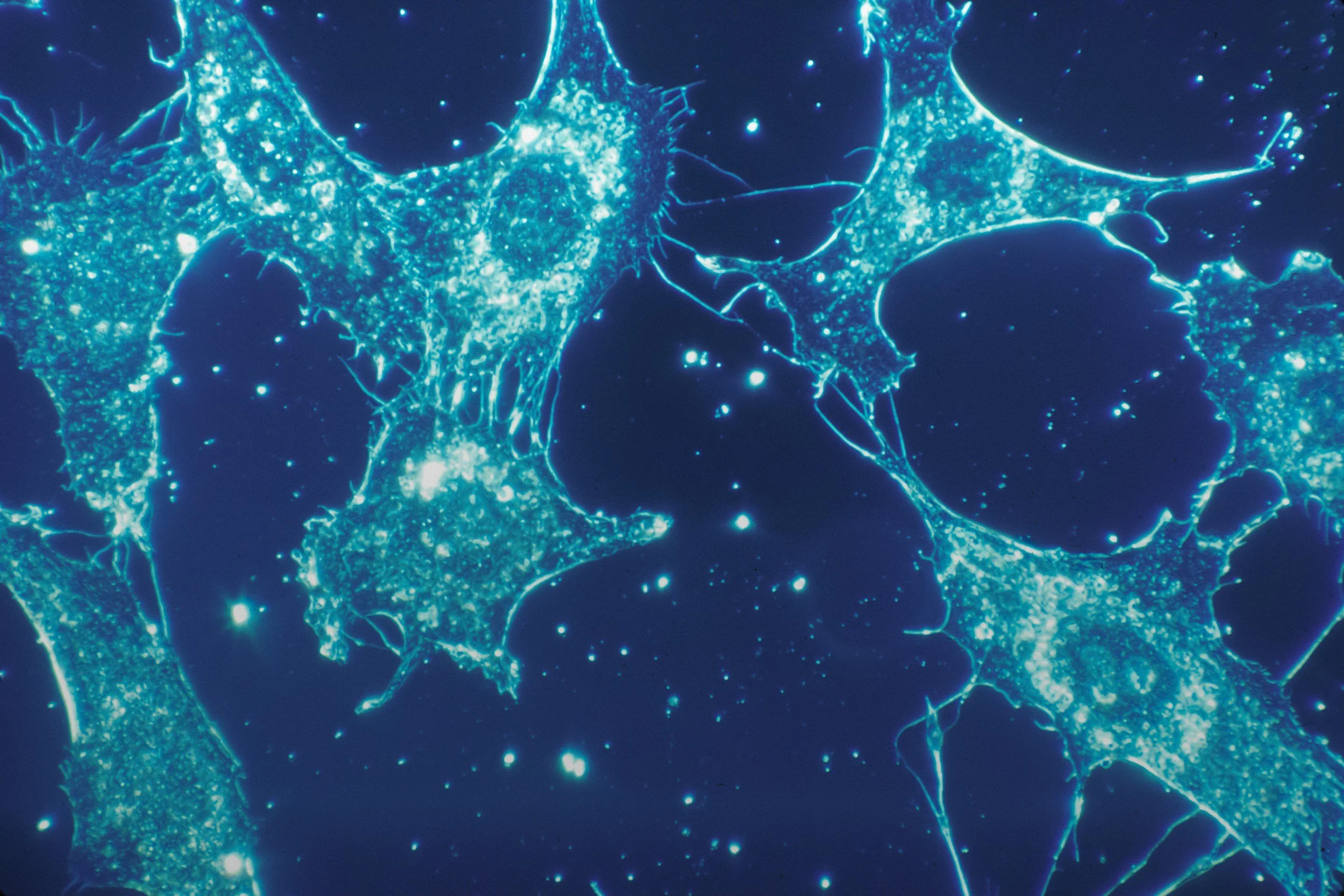
PHYSICAL WELLNESS
the body’s support system
CONNECTIVE TISSUE
Connective tissue is like the scaffolding and glue of your body. It surrounds, supports, and connects muscles, bones, and organs, helping them maintain shape, stability, and proper function. Without it, muscles couldn’t attach properly, joints wouldn’t stay aligned, and your body would lack structural integrity.
Surrounds muscles to provide support and protection
Connects muscles to bones via tendons
Cushions joints and organs
Stores energy and provides elasticity
Helps repair tissue after injury
CONNECTIVE TISSUE BASICS
Common Terms + Simple Definitions
Here’s a mini glossary for connective tissue related words you’ll see throughout the site:
Connective Tissue - Tissue that supports, binds, or separates other tissues and organs
Tendons - Connective tissue that attaches muscle to bone
Ligaments - Connective tissue that attaches bone to bone
Fascia - Thin sheets of connective tissue surrounding muscles, nerves, and organs
Cartilage - Flexible tissue that cushions joints and supports structures like the nose and ears
Extracellular Matrix - The “scaffolding” outside cells that provides structure and support
WHAT CONNECTIVE TISSUE WORKS WITH
CONNECTIVE TISSUE + OTHER SYSTEMS
Muscular System → Provides the framework and support muscles need to contract effectively
Skeletal System → Connects bones and muscles, stabilizing joints
Tendons & Ligaments → Specialized connective tissues that attach muscles to bones and bones to bones
Nervous System → Protects nerves traveling through muscles and joints
Circulatory System → Supplies nutrients and removes waste for connective tissue health
HealthY CONNECTIVE TISSUE…
Connective tissue is the unsung hero of your muscular system. It ensures muscles can move bones safely, keeps joints stable, cushions impact, and maintains overall structural integrity. Healthy connective tissue is essential for movement, strength, and resilience.
CONNECTIVE TISSUE DISORDERS
Muscles rely on connective tissues for strength and stability. When these tissues are fragile or overly stretchy (as in Ehlers-Danlos or Marfan syndrome), muscles may overcompensate — leading to fatigue, spasms, or chronic pain.
🔗 [Learn more about connective tissue disorders →]
